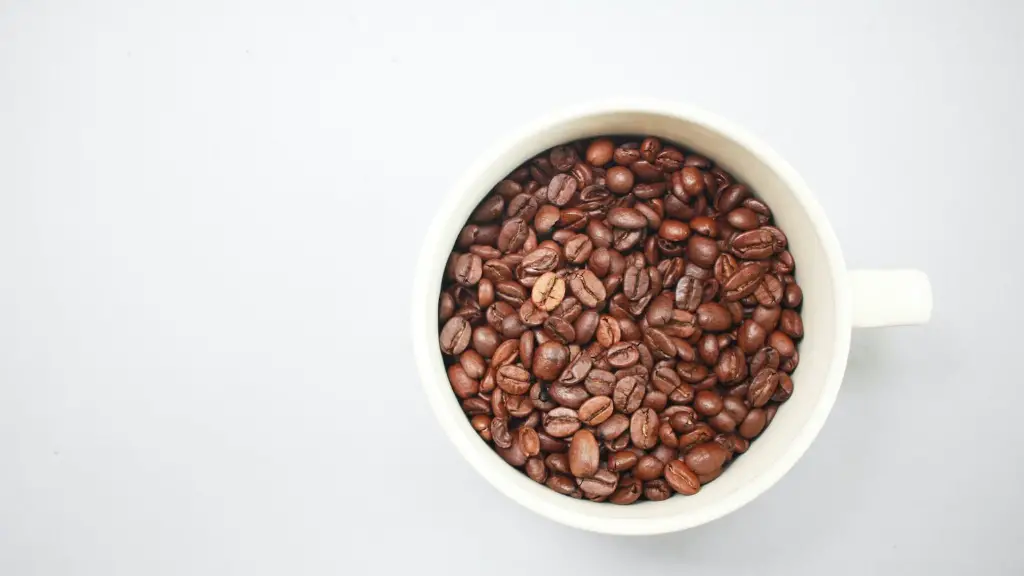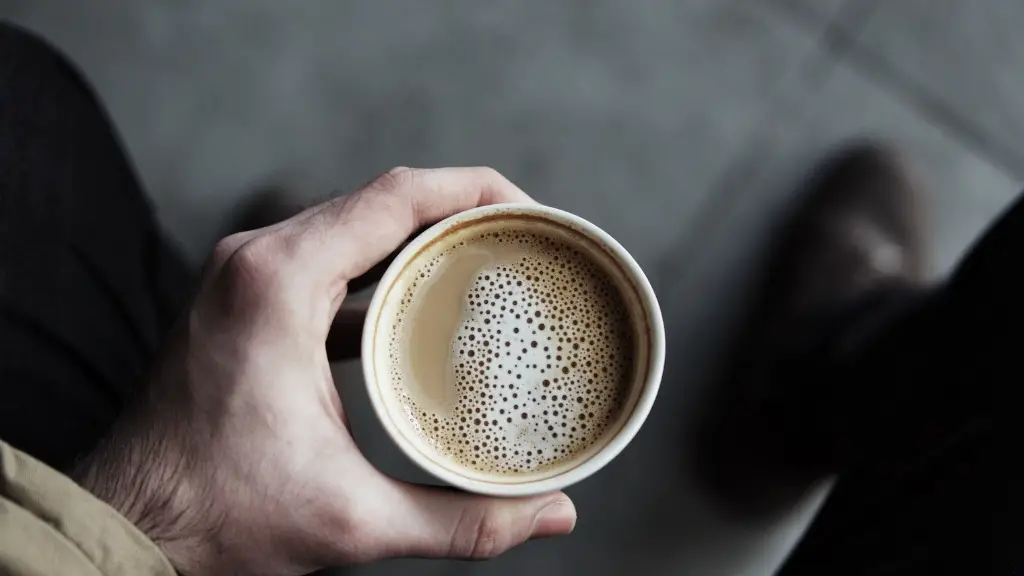Having a tooth removed is usually a slightly uncomfortable experience and is often accompanied by several days of soreness. After the procedure, you can take over-the-counter medication if necessary to help manage your pain. You may also wonder if it is safe to drink coffee the day after a tooth extraction. The answer depends on your overall oral health and some of the potential side effects that you may experience.
Caffeine is dehydrating and can cause increased bleeding when experienced in excessive amounts. For people who have just had teeth removed, it is generally recommended to wait at least 48 hours before consuming coffee to lessen the chance of complications. Additionally, it is also important to be mindful of the temperature of whatever beverage you drink. Intense heat can increase inflammation and delay healing so it would be best to wait until the area has healed.
In general, the most common advice is to not drink coffee the day after a tooth extraction. Excessive amounts of caffeine can make it more difficult for blood clots to form, leading to increased bleeding and discomfort. Not only that, but coffee can also make the area around your mouth or gums very tender, which is not ideal. In addition to avoiding coffee, you should also avoid anything that is hot and not include any solid food as well.
Your dentist is likely to provide detailed instructions on how to care for your extraction site. It is important that you follow their instruction closely in order to ensure a speedy recovery. You should also make sure to rinse your mouth after every time you eat and avoid the use of straws while the extraction site is healing. Although it is not recommended to drink coffee on the same day of a tooth extraction, check with your dentist to find out when it is safe to consume coffee again without any complications.
Overall, it is not recommended to drink coffee the day after a tooth extraction. Caffeine can cause increased bleeding and complications, as well as make it more difficult for blood clots to form. Moreover, hot beverages should be avoided at least 48 hours after the procedure and any solid foods should be avoided during this time as well. Be sure to follow your dentist’s instructions closely and they will be able to inform you when it is safe to consume coffee again.
Nutrition
It is important that you pay close attention to the type of food you eat after undergoing a tooth extraction. Soft foods are generally recommended, such as mashed potatoes and soups. Additionally, try to stay away from highly acidic and crunchy foods, as these can irritate the extraction site. Ensure that you are consuming nutritious meals that are high in protein, as this can help accelerate the healing process. Vitamin C is also essential for helping repair soft tissues, so it is a good idea to incorporate foods like beans, dark leafy greens, strawberries, and oranges into your diet.
It is also important to stay hydrated after having surgery. Ensure you are drinking at least eight glasses of water per day to keep your body hydrated and help with recovery. You can further help yourself by keeping your mouth as clean and free of debris as you can. Try to rinse with a mild mouthwash or warm salt water twice a day as this will help with discomfort and reduce the risk of infection.
Pain Management
It is normal to experience some discomfort and pain for a few days after a tooth extraction. Pain management is necessary, and the relief of discomfort is paramount for a successful and swift recovery. OTC pain medications such as ibuprofen and acetaminophen can help reduce any pain and inflammation that you may experience. Additionally, your dentist may provide medication to help with any discomfort. It is important to follow the instructions provided by your dentist carefully and take all medication as prescribed. If you find that you are still experiencing extreme pain, you should contact your dentist for additional relief.
The area around your extraction site may swell in response to the anxiety or stress you feel after having teeth removed. To reduce any swelling and reduce the pain, try holding an ice pack against your face for 10 minutes every few hours. You can also take a warm, moist cloth and press it against the area of your face where the extraction site is. This will help reduce any discomfort.
Oral Health
Even after your mouth has healed from the extraction, it is important to ensure that your mouth is taken care of. Oral health significantly impacts your overall health, so it is important to practice good dental hygiene to maintain the health of your teeth and gums. You should aim to brush at least twice a day and floss everyday to remove any plaque and bacteria in your mouth. Additionally, you should also visit your dentist regularly for checkups and cleanings to help with oral health.
If you had a “dry socket” during the tooth extraction, then it is especially important to practice good hygiene. Controlling infection and promoting healing is essential and can be done by increasing your intake of nutrition and vitamins, practicing good oral hygiene, and visiting your dentist regularly. Be sure to eat a well balanced diet which includes fruits, vegetables, and protein, and limit your intake of sugary and starchy foods.
Post Surgery
It is important to follow some simple precautions after a tooth extraction in order to ensure a smooth and speedy recovery. Some activities should be avoided for at least 24 hours to ensure the extraction site is healing properly. This includes but is not limited to: smoking, using straws, vigorous physical activity, and heavy lifting. Additionally it is important to not blow your nose as this can put pressure on the extraction site and cause more discomfort and pain. Take some extra time to rest and follow your dentist’s advice in order to make a full recovery.
If your mouth is feeling too dry, you can try to drink some water or suck on ice cubes. Additionally, you can try using a damp cotton ball to keep the area around the extraction clean and free of debris. You should also refrain from rinsing out your mouth or even touching your extraction site as much as possible. By taking the proper precautions and following your dentist’s advice, you can aid in your recovery and heal properly.
Infection
Perhaps the most serious consequence of not following the instructions given by your dentist after having a tooth extraction is the possibility of infection. Infection can be caused by the introduction of bacteria inside the extraction site, and could lead to a fever, a foul taste in the mouth and difficulty swallowing. If left untreated, infection may spread and can be potentially serious or even deadly. In order to avoid infection, it is essential to practice good oral hygiene and maintenance, as well as avoid doing activities that might irritate the extraction site.
If you experience any of the warning signs, contact your dentist immediately for treatment. Additionally, if you notice any discoloration, excessive bleeding, or persistent pain and discomfort, you should also contact your dentist. Your dentist can provide the necessary treatment and guidance to help ensure your recovery process is as smooth as possible.



